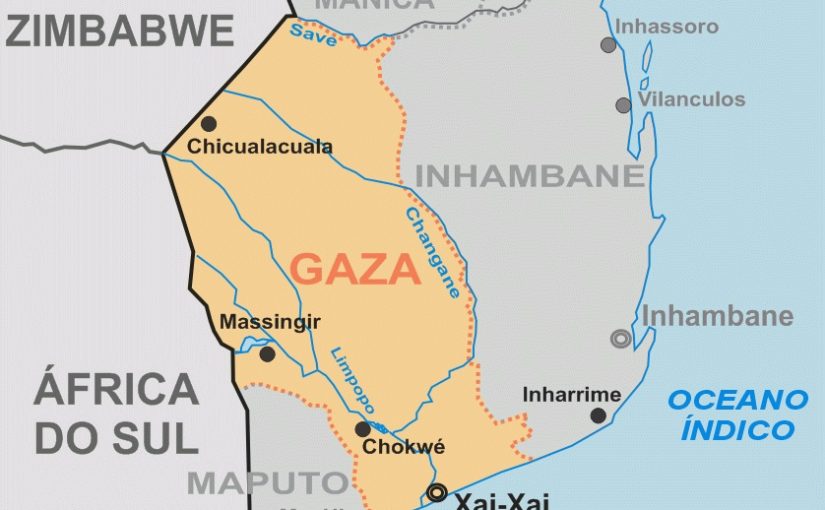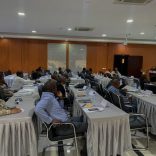Mozambique wants border posts with Zambia and Zimbabwe under public-private concession
“The seven million”: Gaza governor threatens action against FDD debtors – Mozambique

The governor of the southern Mozambican province of Gaza, Stela Zeca, has threatened legal action against people who refuse to repay loans from the District Development Fund (FDD).
The FDD was an initiative of former President Armando Guebuza in 2006, intended as a measure of decentralisation. Initially it took the form of an annual distribution to every district in the country of seven million meticais (about 113,000 US dollars at today’s exchange rate, but worth around twice that amount in 2006) from the state budget.
The money was to be lent to applicants with feasible projects that could create jobs, raise income and boost food security. These were loans at low interest rates, and the FDD would work as a revolving fund – as the money was repaid, so it would be lent out again to other beneficiaries. The beneficiaries were to be people who had no access to normal bank loans.
The FDD is still referred to colloquially as “the seven million” – even though the annual amount now varies between districts, taking factors such as population size into account.
But it has never worked as planned because the beneficiaries have simply failed to repay the money. Across the country the repayment rates are low with beneficiaries in many districts failing to repay even as little as ten per cent of what was lent.
During a tour of Maputo province in late April, President Filipe Nyusi demanded that the debts to the FDD be repaid. Nyusi expressed his anger at the failure to repay and accused the district consultative councils, who are in charge of the loans, of mismanagement.
The consultative councils “are not collecting the seven million”, he said. “They are bad managers. They hand over money and then don’t collect it. This is irresponsible”.
On a visit to the Gaza district of Chigubo at the weekend, Stela Zeca said the lack of interest shown by FDD beneficiaries in repaying any of the money could no longer be tolerated. The beneficiaries had made it clear that they had no intention of repaying anything, she accused.
She was also angered that many of the beneficiaries should not have had access to the FDD in the first place. Cited by Radio Mozambique, Zeca said she has in her possession a list of 99 beneficiaries from Chigubo district, who all work in the public administration. They had applied for FDD loans in 2010, and since then have not repaid as much as a single metical.
These are people, she said, who, in principle, could have applied for loans from commercial banks. But they had preferred to abandon the banking system, and take money from the FDD, a fund which is intended to support applicants who are not eligible for normal bank loans.
Zeca said the Gaza provincial government will do all in its power to recover the money, and channel it to beneficiaries who are genuinely eligible for FDD loans. If those who took the money do not pay up, “legal and administrative measures” will be taken against them, she threatened.
If Zeca follows through on this threat, it will be the first time anywhere in the country that FDD debtors have been taken to court.
The governor could understand that, at the start of the FDD, there might have been some misunderstanding about who was, and who was not, eligible for the loans. But what was quite beyond comprehension was that people who receive wages from the State every month still refuse to repay any of the money borrowed from the FDD.












Leave a Reply
Be the First to Comment!
You must be logged in to post a comment.
You must be logged in to post a comment.